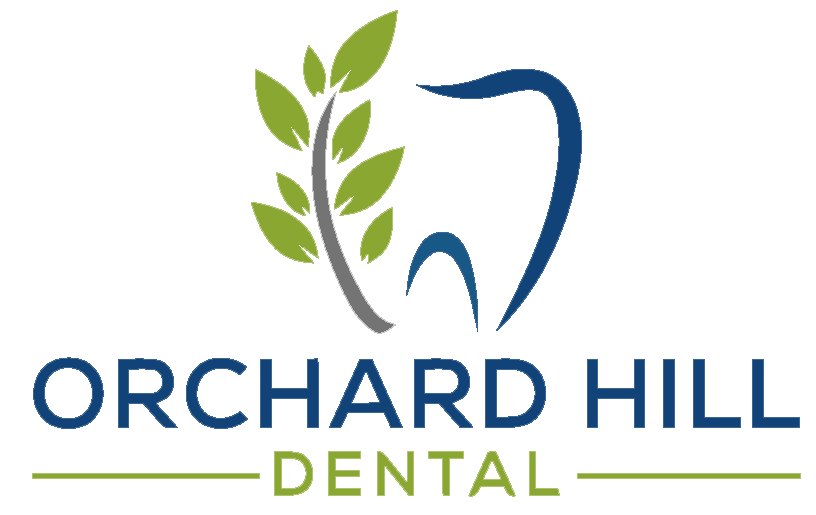Teeth grinding, also known as bruxism, is a common condition that affects millions of people worldwide, often without them even realizing it. Many individuals grind or clench their teeth unconsciously during sleep or moments of stress, believing it to be a harmless habit. However, the reality is far more serious. Over time, teeth grinding can lead to significant dental damage, chronic pain, and other long-term health issues. Understanding the dangers of this condition is the first step toward preventing its damaging effects.

Understanding Bruxism
Bruxism typically occurs at night, often going unnoticed during sleep. The causes vary from person to person, but stress, anxiety, sleep disorders, and an abnormal bite are among the most common triggers. In many cases, individuals do not even know they grind their teeth until symptoms begin to appear or a dentist notices signs of wear on their teeth. Because bruxism can happen unconsciously, it is often discovered only after damage has already occurred. People who grind their teeth at night may wake up with sore jaw muscles, headaches, or tooth sensitivity, yet fail to connect these symptoms to the grinding itself.
Damage to Teeth and Gums
One of the most immediate dangers of teeth grinding is damage to the teeth themselves. The constant friction and pressure can wear down the protective enamel, making teeth more vulnerable to cavities and chips. In severe cases, teeth may even become shortened or misshapen. This damage is not only cosmetic. Once enamel is lost, it cannot be naturally replaced, leaving the teeth permanently weakened.
Over time, grinding can also affect the gums and the overall alignment of the bite. The excessive force may cause gum recession, exposing sensitive root surfaces and increasing the risk of infection. Misalignment caused by bruxism can also lead to uneven wear, which can make chewing and speaking uncomfortable.
Jaw Pain and TMJ Disorders
Bruxism places immense strain on the muscles and joints of the jaw, particularly the temporomandibular joint (TMJ), which connects the jawbone to the skull. When this joint is overworked by the constant clenching and grinding motion, inflammation and discomfort can develop. This condition, known as a TMJ disorder, often leads to pain when chewing, clicking or popping sounds in the jaw, and even difficulty opening or closing the mouth fully.
In chronic cases, the pain may radiate beyond the jaw, affecting the neck, shoulders, and head. Many people who suffer from bruxism experience frequent tension headaches or migraines, especially in the morning. These symptoms can significantly interfere with daily life and contribute to fatigue, irritability, and decreased productivity.
Effects on Sleep and Overall Health
For those who grind their teeth during sleep, the condition can have a serious impact on sleep quality. The repetitive grinding motion disrupts the normal sleep cycle, preventing deep rest and leading to fatigue the next day. Partners of people who grind their teeth may also suffer from sleep disturbances due to the sound of grinding, which can be quite loud.
Sleep bruxism is often linked to other sleep disorders, such as sleep apnea, a condition characterized by interrupted breathing during sleep. The relationship between the two is still being studied, but the presence of one often increases the likelihood of the other. Poor-quality sleep affects not only energy levels but also heart health, mood regulation, and immune function.
Seeking Treatment and Prevention
The good news is that teeth grinding can be managed effectively once it is identified. Dentists often recommend custom mouthguards or night splints to protect the teeth during sleep. These devices act as a cushion between the upper and lower teeth, reducing damage from grinding. For those whose bruxism is caused by stress, relaxation techniques, such as meditation or physical therapy, can also help alleviate symptoms. In some cases, addressing underlying conditions like anxiety or sleep disorders is necessary to fully control bruxism. Regular dental checkups are essential, as early detection can prevent serious complications and preserve long-term oral health.
Treatment for Teeth Grinding in Hendersonville, NC
At Orchard Hill Dental, we are dedicated to preserving your oral health. If you find yourself consistently waking up with jaw pain or discomfort, teeth grinding could be the culprit. The longer you wait to address bruxism, the more damage it can cause. Contact our office today to schedule a consultation and learn more about your treatment options.
